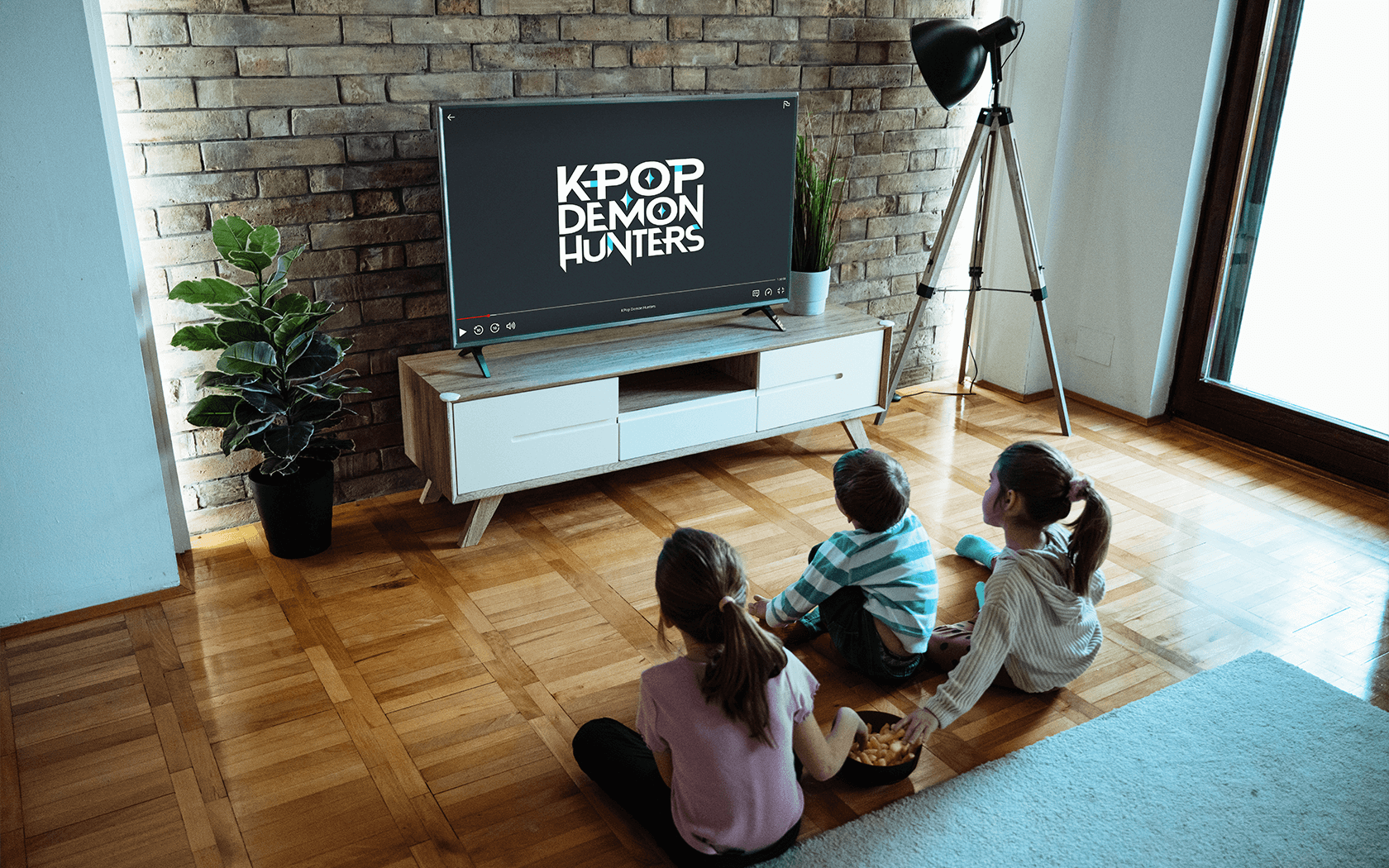It can be fun to share photos and videos of your kids, but what should parents consider before posting content online?
Back in 2010, Internet Security Firm AVG surveyed parents in North America, the EU, Australia, New Zealand and Japan, and found that 81% of children under two have some kind of digital footprint. Of those, 23% begin their digital lives before they’re born—when parents upload a prenatal sonogram. In the years since then, it’s become even more commonplace for parents to post about their children, so much so that a term was coined for it: sharenting. And, some social-savvy parents have even created an industry of kidfluencers to turn their posts into profit.
While not every parent is running a mini-marketing business, most of us do enjoy posting pictures of our kids from time to time. And since the internet is forever, most of us probably have questions about the digital footprint we’re creating for our kids, and what the implications may be for their future. Below, we explore some of the key things parents should know before they post.
Most platforms can legally reshare your content
If you’re using social media to post about your kids, it’s a good idea to be familiar with the terms of service. On most platforms, including Instagram and Facebook, users retain the copyright for their content. That means that you own whatever content you post. But there is a major caveat: when you agree to the terms of service, you also grant those platforms non-exclusive rights to use your content.
According to Instagram’s terms, “you hereby grant to Instagram a non-exclusive, fully paid and royalty-free, worldwide, limited license to use, modify, delete from, add to, publicly perform, publicly display, reproduce and translate such Content.” That means they have the legal right to reproduce, alter, re-share and even make money from your content. Even if your profile is private, they can still repurpose your images, so long as they only share them within the platform itself. Facebook’s terms give them similar rights to your content, stating that, “if you share a photo on Facebook, you give us permission to store, copy and share it with others.” But, when you delete your content from the site, that’s the same as you revoking their right to use it.
Ultimately, you own your content—but social platforms have the right to use it if they want to. For most users, this isn’t a dealbreaker when they’re posting about themselves—but it is something to keep in mind when sharing images of kids.

Your kids will see that post eventually
A new generation of kids is coming of age—and discovering their digitally documented childhoods. They’re realizing that they’ve been online since their first sonogram. Birthdays, first steps and tantrums have all been documented and shared, often without their knowledge or consent. While some kids are proud of their online presence, others find it to be an unnerving experience—and have quit social media because of it.
This can be eye-opening for parents as well. Even Gwyneth Paltrow, whose children have grown up in the public eye, has upset her daughter with an overshare on social media. For most of us, posting on social media is a regular part of our lives—and as proud parents—the impulse to share pictures and videos of our kids is only natural. When friends and family are spread far and wide, social media is an easy way to share those milestones and moments. But it’s a good habit to put yourself in your kid’s shoes before posting anything. When they learn to google themselves, it could be upsetting to find their first diaper blowout online for the world to see.
Find a balance for your family
We all have different thresholds for public sharing, and it’s up to each family to decide what they’re comfortable with. For one mother, blogging about her family is a deeply personal and creative expression—one she wasn’t willing to give up. When her daughter discovered she was the subject of multiple blog posts, they found a compromise: the child now goes by a pseudonym and can approve content ahead of time.
A few years after the word “sharenting” was coined, a law professor from the University of Florida published a deep dive into the issue—and came up with some best practices for parents. Her suggestions cover online safety, as well as concerns for children’s sense of self. If you do decide to post online about your kids, consider some of these tactics:
- When posting on social platforms, make sure you’re familiar and comfortable with their terms of service
- Set up google alerts for your kid’s name, and keep an eye on their online presence
- Avoid sharing content with location information
- Avoid posts that show your kid in any state of undress
- Give older kids veto power over images, quotes and other information
- Consider the potential effect a post could have on your kid’s wellbeing—today and in the future
- Create family sharing guidelines with older children, and stick to agreed-upon rules when posting
And if you’re thinking twice about posting about your kids, there are other options for sharing with loved ones. Group chats with friends and family can strike the right balance between public and private—and platforms like Kinzoo can give you a safe digital space to keep up with the ones who matter most.
Image Credits: romankosolapov / Adobe Stock, olsima / Adobe Stock


















.png)








